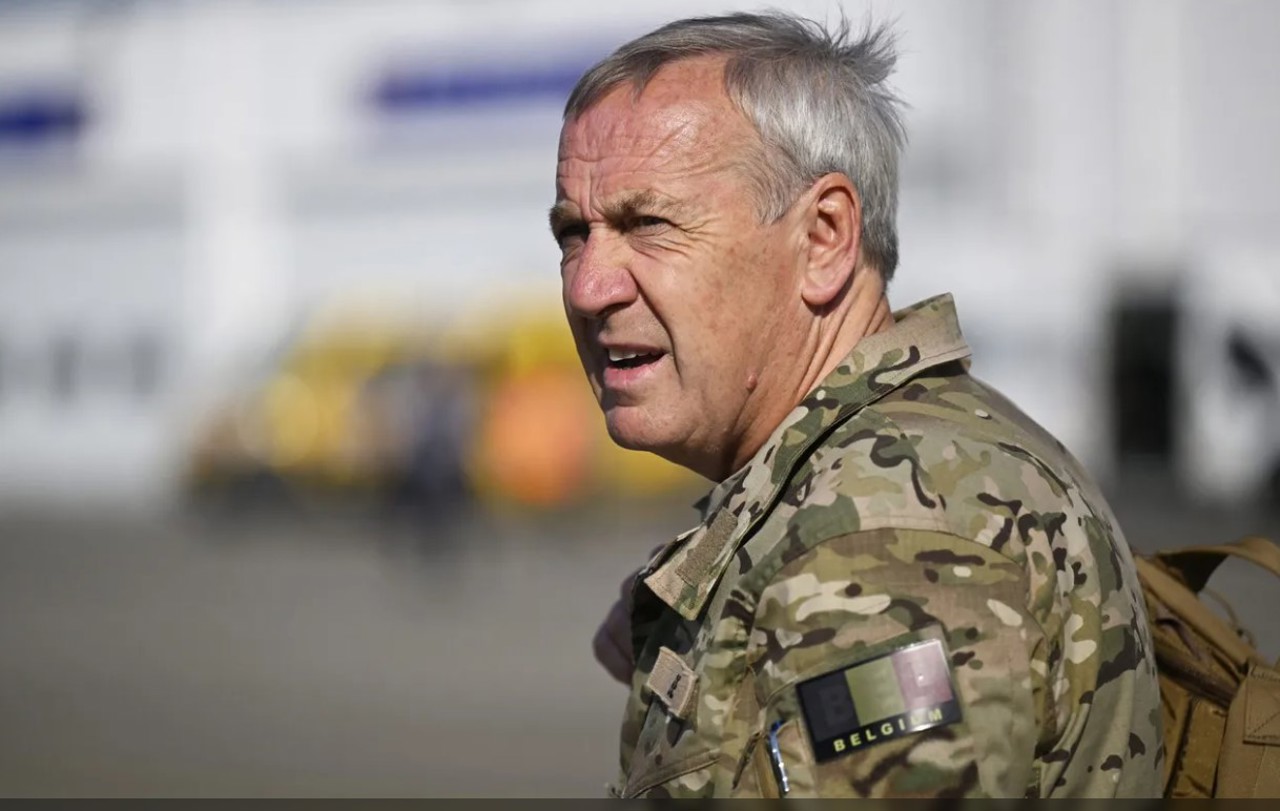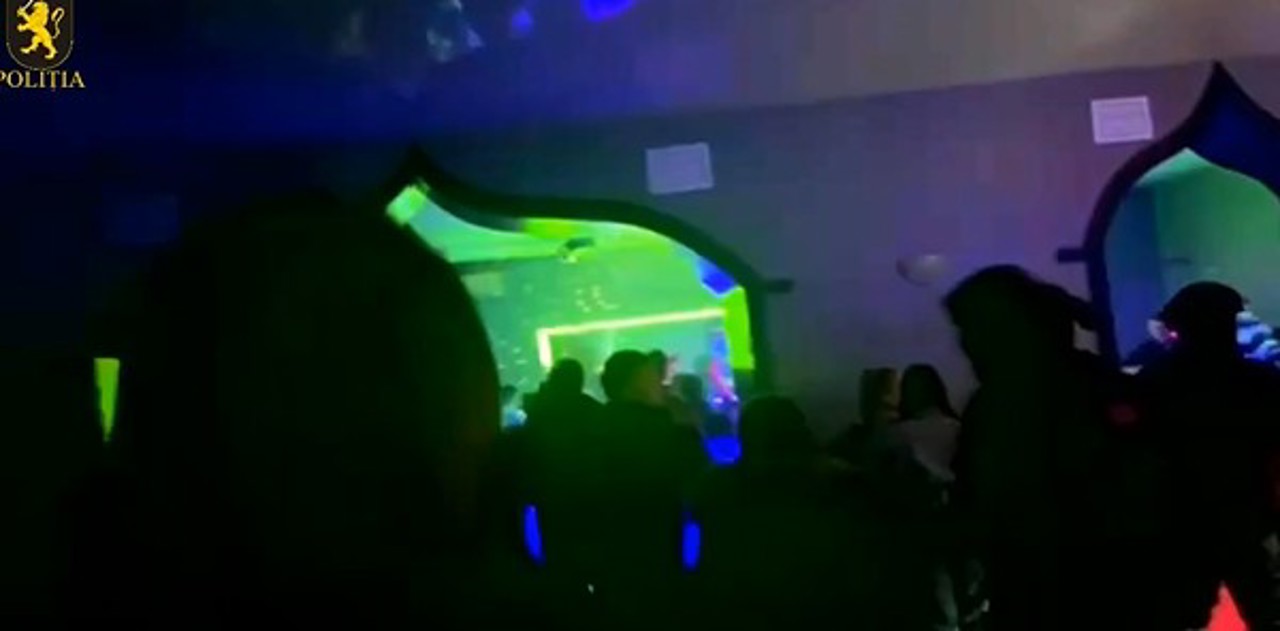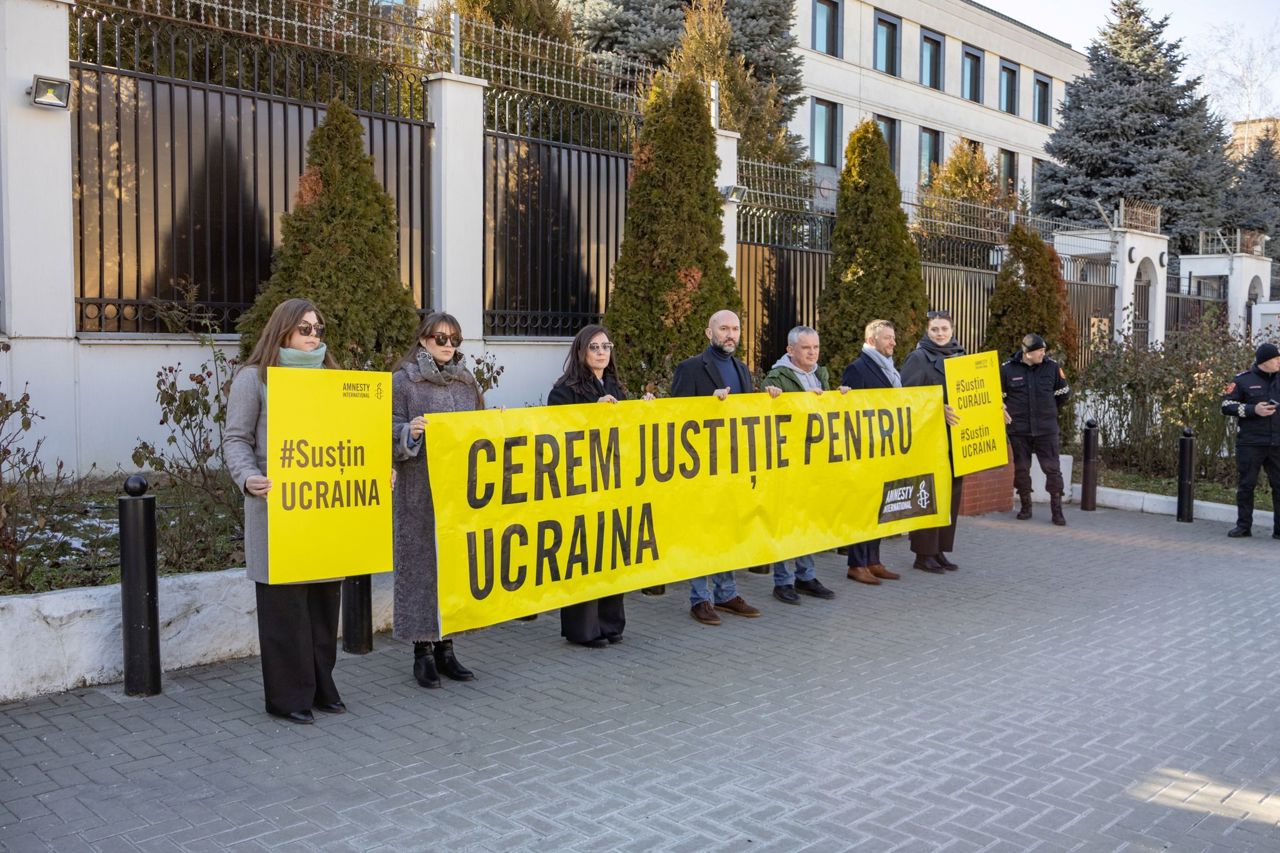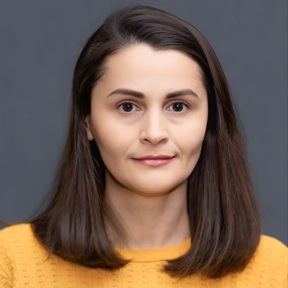Post-Ukraine geopolitical threat: Moldova, Baltics eyed by Russia, warns Belgium
Security concerns in Eastern Europe have intensified with a stark warning from Michel Hofman, Chief of the Belgian Army, who suggested Moldova and the Baltic states could be Russia's next targets following the ongoing war in Ukraine, as reported by Politico.eu.

"Russia has demonstrably attacked a neighbour," Hofman declared in an interview with VRT, a Belgian media outlet, while visiting Belgian troops stationed in Romania. "President Putin's language remains ambiguous," he added, raising concerns about further expansionism. "They may well have other ideas later, either southward towards Moldova or in the Baltic states."
Hofman's warning amplifies anxieties across Europe as the Ukrainian conflict drags on. Despite Ukraine's strong resistance, the war's devastating impact and the potential for broader regional destabilisation remain pressing concerns.
"Europe must prepare urgently and demonstrate its capacity for self-defence and potential counteraction if necessary," Hofman urged. This echoes anxieties expressed by Moldovan President Maia Sandu, who warned that her country could be "next in line, potentially not the last," if Ukraine's resistance falters.
Heightening tensions, Russian Foreign Minister Sergei Lavrov previously threatened Moldova with a similar fate as Ukraine. Diplomatic relations have deteriorated, with Moldova expelling Russian diplomats and the Kremlin retaliating with travel bans on Moldovan officials.
Despite the fiery rhetoric, Moldovan authorities maintain no immediate military threat exists, while acknowledging their vulnerability. The debate surrounding Moldova's neutrality fuels these anxieties. While enshrined in the Constitution, analysts and officials question its effectiveness in deterring potential aggression.
Some advocate for increased defence capabilities and closer ties with NATO, citing potential modernization benefits and escape from Russia's sphere of influence. However, public awareness of NATO remains limited, with Soviet-era narratives still prevalent.
NATO itself has offered cautious support. While pledging to assist Moldova on its "European path" within the limits of its neutrality, Deputy Secretary General Mircea Geoană emphasised respect for "the existing reality of Moldova's neutral constitution." He clarified, "NATO will never be in the position to dictate or impose on a partner its chosen path."
As the war in Ukraine continues, the potential for Russian aggression to have a domino effect remains a chilling concern. Hofman's warning serves as a stark reminder of the heightened risks faced by Moldova and the Baltic states, leaving Europe to grapple with the possibility of an expanded conflict and the critical need for robust responses.
Translation by Iurie Tataru





